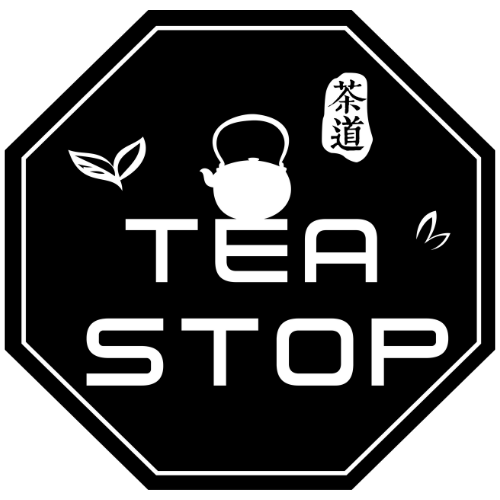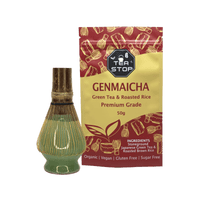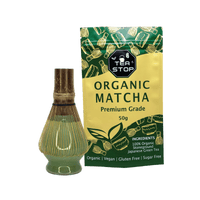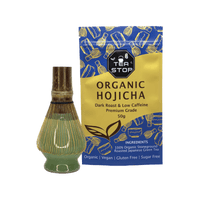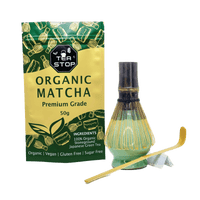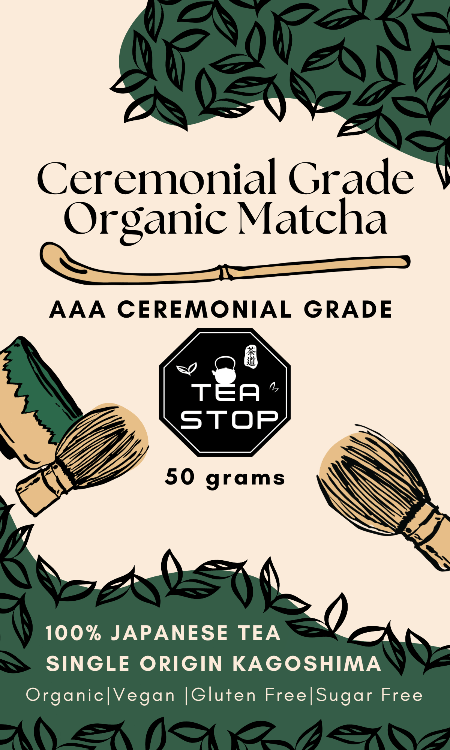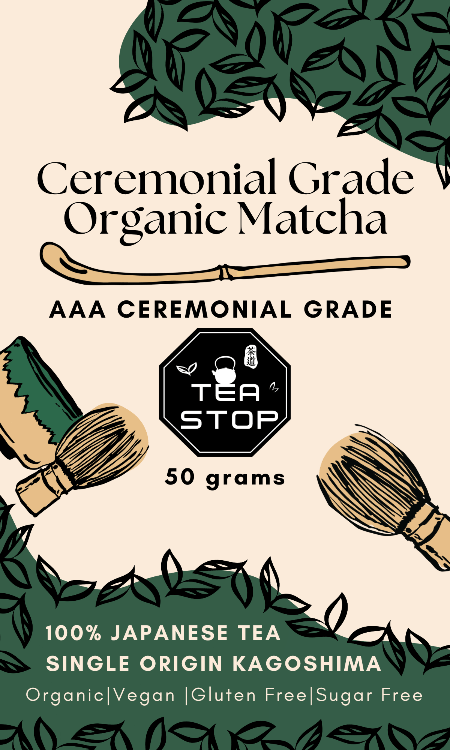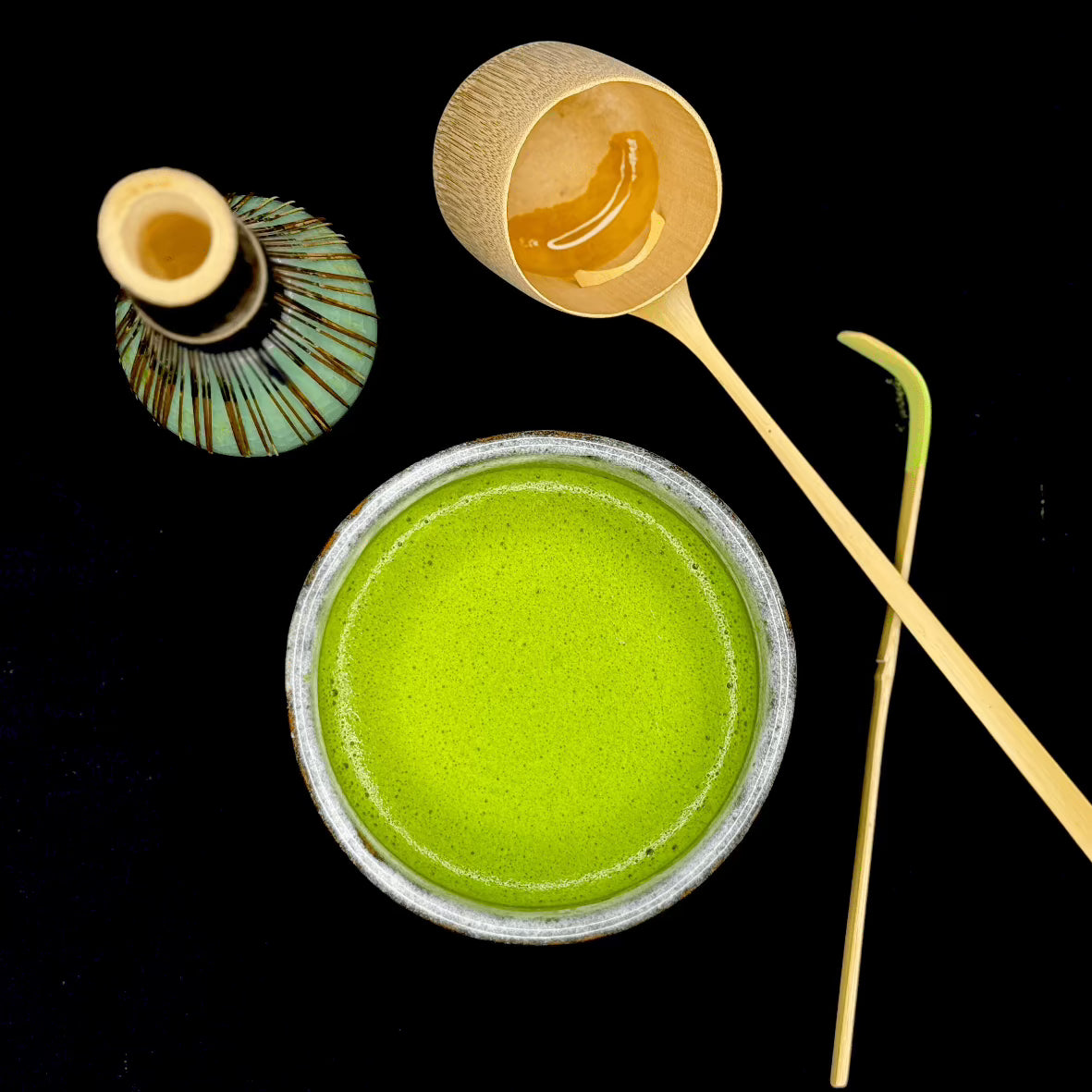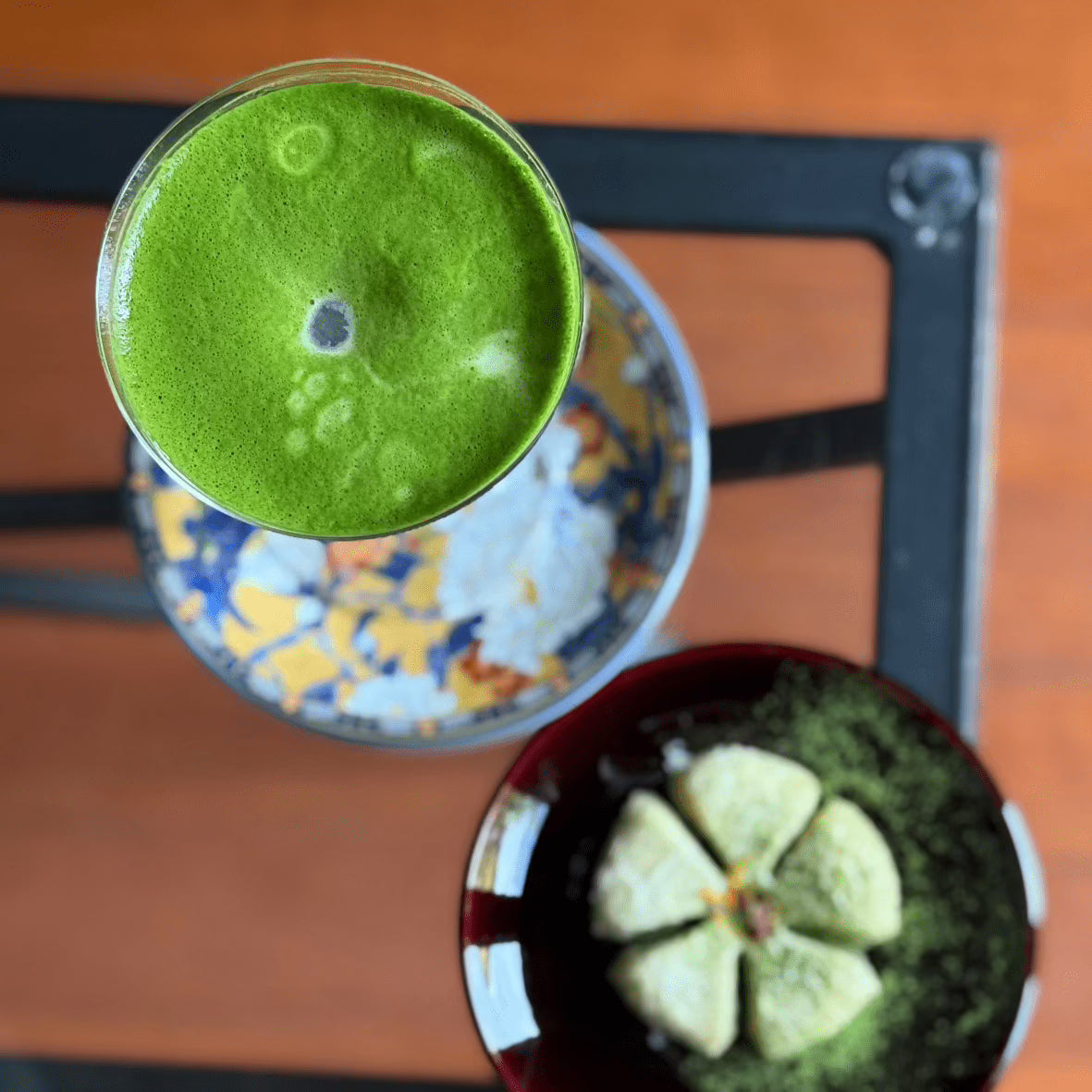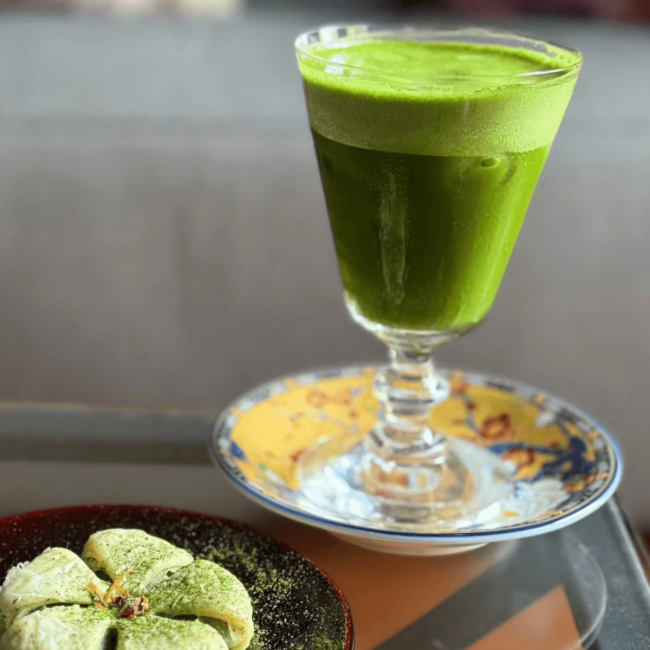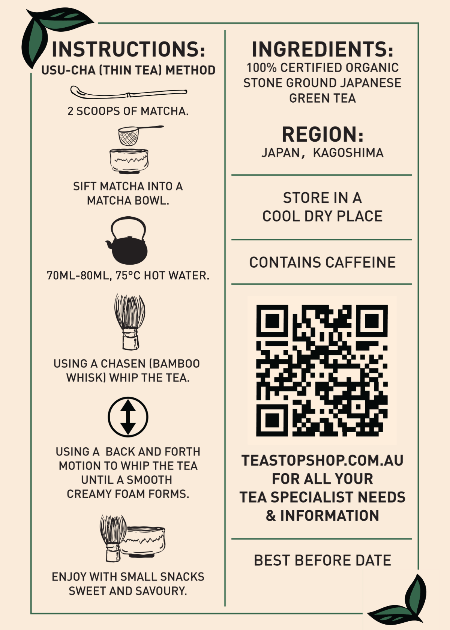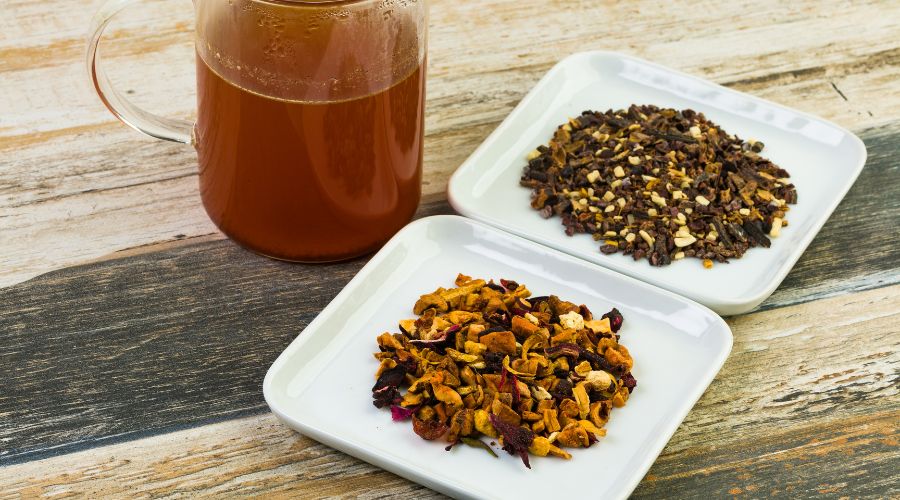
A Day in the Life of a Tea Specialist: Behind the Scenes of Tea Tasting and Blending
Share
In the vibrant world of tea, a tea specialist plays a crucial role in shaping the flavors and qualities that tea enthusiasts cherish. These experts possess a unique blend of skills, combining an encyclopedic knowledge of tea varieties with a refined palate capable of discerning the subtle nuances between different brews. Their work is foundational in the tea industry, where they are tasked with both tea tasting and tea blending to create exceptional experiences for consumers.
A day in the life of a tea specialist is as varied as it is fascinating. From assessing the quality of leaves through professional tasting sessions to crafting harmonious blends that captivate taste buds, their work requires both science and artistry. This article will delve into this captivating profession, providing insight into the meticulous processes behind sourcing, evaluating, and blending teas. Join us as we explore how these specialists bring the world’s favorite beverage from leaf to cup.
Their expertise also extends beyond just tasting and blending. They often play a pivotal role in selecting teaware and accessories that enhance the overall tea-drinking experience.

Understanding the Role of a Tea Specialist
A tea specialist, often referred to as a tea sommelier, is a connoisseur of fine teas with an in-depth understanding of tea varieties, cultivation, and preparation. These experts are instrumental in the tea industry, bringing both art and science to their craft.
Key Responsibilities:
1. Traveling to Tea Estates
One of the essential duties involves visiting tea-growing regions across the globe. By traveling to these estates, tea specialists not only evaluate the quality of the harvest but also immerse themselves in the local culture and practices. This firsthand experience is crucial for understanding the nuances that each region's climate and soil impart on the tea leaves.
2. Establishing Relationships with Suppliers
Building strong, long-term relationships with suppliers ensures access to high-quality teas. Tea specialists work closely with growers and producers, fostering partnerships that are based on trust and mutual respect.
3. Sourcing High-Quality Teas
The foundation of creating exceptional blends lies in sourcing premium teas. Specialists meticulously select teas based on criteria such as flavor profile, aroma, appearance, and origin. This careful selection process ensures that only the finest leaves make it into their blends.
The role goes beyond simply tasting and selecting teas; it involves a commitment to excellence and sustainability. By focusing on high-quality sourcing practices, tea specialists contribute significantly to creating distinctive blends that delight consumers worldwide. This dedication not only enhances their reputation but also elevates the standard for teas available in markets globally.
The Art and Science of Tea Tasting
To become a skilled tea taster, one must master both the art and science of sensory analysis. This process involves more than just sipping tea; it requires developing an encyclopedic palate memory capable of recognizing nuanced flavors and aromas across a wide variety of teas.
Training Process
1. Initial Training
Aspiring tea specialists undergo rigorous training, beginning with familiarizing themselves with different types of teas. They learn to identify and describe distinct characteristics such as aroma, taste, and mouthfeel.
2. Palate Memory Development
Over time, tasters cultivate their ability to recall these sensory experiences accurately. This palate memory becomes crucial in distinguishing subtle differences between teas from various regions.
Sensory Analysis Techniques
Tea tasting is a complex discipline that extends beyond simple taste testing. It involves structured sensory analysis techniques:
- Duration and Complexity: The training period for honing these skills can span several years. During this time, trainees are exposed to hundreds of tea samples, each evaluated for its quality and uniqueness.
- Sensory Evaluation Methods: Trainees learn to use specific methods like blind tastings, where they assess teas without prior knowledge of their origin or type. This practice helps ensure objective evaluation based on sensory attributes alone.
By blending scientific methodology with the artistry of taste perception, tea specialists are equipped to evaluate teas with precision. This expertise plays a pivotal role in the creation of exceptional blends that captivate tea enthusiasts worldwide.
Exploring Flavor Profiles: The Influence of Terroir
The journey from leaf to cup is profoundly influenced by terroir, a term borrowed from the world of wine, which encompasses the unique combination of soil and climate conditions in tea-growing regions. A Tea Specialist deeply understands how these factors shape the flavor profiles of different teas. For instance, the mineral-rich soils of Darjeeling lend their teas a distinct muscatel flavor, while the misty climate of Fujian Province in China contributes to the delicate floral notes found in its white teas.
Every region's soil composition and weather conditions interact to create a unique terroir that imparts specific characteristics to the tea leaves grown there. These natural influences make each batch of tea distinctive, highlighting the importance of sourcing high-quality teas from diverse origins.
To evaluate these intricate flavor profiles, Tea Specialists employ blind-tasting techniques. This process involves tasting teas without any knowledge of their origin or processing details. By eliminating biases, specialists can focus solely on evaluating flavors and aromas. During a blind tasting, experts assess various attributes such as:
- Aroma: The scent released by the brewed leaves.
- Flavor: The taste experienced on the palate.
- Mouthfeel: The texture and weight perceived in the mouth.
These criteria help specialists determine not only the quality but also the distinctiveness of teas from around the globe. Through this meticulous process, they ensure that only exceptional teas make it into blends, offering consumers an authentic and memorable experience with every sip.
From Leaf to Cup: The Blending Process Unveiled
The journey from leaf to cup is a complex process, where each step of the blending process contributes to the creation of a unique tea experience. A skilled tea specialist considers several key attributes, such as cup color assessment and flavor strength, to ensure the end product is both harmonious and balanced.
Step-by-Step Breakdown of the Blending Process
-
Selection of Base Teas: The process begins with choosing high-quality base teas, which form the foundation. These are selected based on their inherent qualities and how they complement other ingredients.
-
Flavor Profiling: Each type of tea is evaluated for its flavor profile, deciding factors include aroma, body, and aftertaste. This stage ensures that when combined, the teas create a seamless blend.
-
Cup Color Assessment: A visual evaluation takes place to assess the cup color, which can influence a consumer's perception of taste and quality.
-
Trial Blending: Various combinations are experimented with in small batches to find the perfect balance of flavors. Adjustments are made until the desired profile is achieved.
-
Flavor Strength Testing: The strength of each flavor component is meticulously tested to avoid overpowering subtler notes.
-
Final Tasting and Adjustments: A final tasting session helps in making precise adjustments, ensuring every sip offers a consistent and enjoyable experience.
Bespoke Blending for Personalized Preferences
For those seeking a more intimate connection with their tea, bespoke blending offers customization options tailored to personal preferences. Customers can collaborate with specialists to craft blends that cater specifically to their taste profiles, choosing elements such as:
- Desired aroma and flavor notes
- Specific types of tea leaves
- Additional ingredients like herbs or spices
This personalized approach not only enhances customer satisfaction but also allows tea lovers to explore new dimensions in their daily cups.
Current Trends Shaping the Future of Tea Blending
The specialty teas market is experiencing significant growth, fueled by an increasing demand for unique, high-quality teas. Consumers around the globe are seeking out distinctive flavors and blends that offer a deeper tea experience than traditional options. This shift is leading tea specialists to explore new horizons, incorporating innovative ingredients and techniques to craft exceptional teas that captivate the modern palate.
Several emerging trends are driving this demand:
- Health Consciousness: A growing focus on wellness has led to an interest in teas with functional benefits, such as antioxidant-rich matcha or calming herbal infusions.
- Exotic and Rare Varieties: Enthusiasts are eager to try rare teas from lesser-known regions, appreciating the diverse flavor profiles these teas bring.
- Experimental Blends: Creators are pushing boundaries by experimenting with unconventional pairings and unique flavor enhancements.
Sustainability plays a pivotal role in this evolving landscape. As consumers become more aware of environmental issues, they demand transparency and accountability from brands. Tea specialists are responding by prioritizing sustainability in sourcing. This commitment involves:
- Working directly with farmers to ensure fair trade practices.
- Implementing eco-friendly farming methods that protect biodiversity.
- Reducing carbon footprints through mindful packaging and transportation choices.
Ethical production methods not only meet consumer expectations but also contribute positively to local communities and ecosystems. This sustainable approach is fast becoming a cornerstone of the specialty tea industry, ensuring that each cup of tea reflects both quality and responsibility.
As the future unfolds, these trends will continue to shape how tea specialists innovate and create blends that resonate with conscientious consumers worldwide.

A Day in Action: The Life of a Tea Specialist
The daily life of a tea specialist is filled with various tasks aimed at providing the best quality teas and blends for tea lovers. Here's a glimpse into their day-to-day activities:
Sourcing New Teas
One of the first things tea specialists do is find new teas to add to their collection. This involves negotiating with suppliers and carefully selecting the best leaves. They may have discussions with local suppliers or hold virtual meetings with tea estates from around the world, making sure that every tea they choose meets strict standards.
Conducting Tastings
After sourcing, it's time for tea specialists to taste and evaluate the teas. They spend a significant amount of time smelling, sipping, and examining different varieties. This helps them understand the unique flavors of each tea and maintain consistent quality across their offerings. The tasting room becomes a place where they explore and appreciate the subtle differences between similar teas.
Crafting Blends
Another important aspect of their job is creating blends. Here, tea specialists combine different teas to create new flavors that appeal to a wide range of tastes. They experiment with various combinations and conduct thorough testing to achieve the desired balance in both color and taste.
Varied Work Environments
Tea specialists work in different settings depending on their specific roles:
- Upscale shops: Here, they interact directly with customers, gaining insights into what tea drinkers prefer.
- Auction centers: In these fast-paced environments, specialists participate in bidding wars to secure top-quality batches of tea.
- Tea estates: Visiting tea farms allows specialists to learn about cultivation methods firsthand.
Whether they're engaging with customers in high-end stores or competing against others at auctions, tea specialists thrive in dynamic environments that reflect the diverse nature of their craft. This variety keeps their work interesting and constantly evolving as they blend traditional practices with innovative approaches to delight tea enthusiasts around the world.
Engaging with Customers: Education Meets Personalization
A tea specialist’s role extends beyond the tasting room and blends into the heart of customer engagement. By guiding customers through the diverse world of specialty teas, they help individuals discover their unique tastes and preferences. The journey often begins with a conversation, where specialists listen to and learn about preferences, such as flavor strengths or any past experiences with tea.
Educating Consumers:
- Understanding Tea Varieties: Tea specialists educate consumers on the wide array of tea types, from robust black teas to delicate greens and intricate oolongs. Each variety offers a different experience, and understanding these differences enhances appreciation.
- Highlighting Terroir Influences: Specialists explain how terroir—factors like soil composition and climate—affect flavor profiles, creating an awareness of the nuanced characteristics that each region imparts to its teas.
Personalized Recommendations:
- Tailored Tasting Experiences: By assessing customer feedback during tastings, specialists can tailor recommendations that align with individual preferences. This might include introducing hidden gems or suggesting unique pairings with foods.
- Crafting Custom Blends: For those seeking something truly personal, tea specialists offer customization options. They blend teas tailored to specific tastes, ensuring a bespoke experience that resonates uniquely with each customer.
Building Relationships:
Engagement is as much about building relationships as it is about selling tea. Through educational interactions, tea specialists foster trust and loyalty, creating a community of informed enthusiasts who appreciate the art and science behind each cup.
In this dynamic exchange between education and personalization, tea specialists not only enhance customer enjoyment but also elevate the entire tea-drinking experience.
FAQs (Frequently Asked Questions)
What is the role of a tea specialist?
A tea specialist, often referred to as a tea sommelier, is responsible for sourcing high-quality teas, conducting tastings, and creating unique blends. They play a crucial role in the tea industry by establishing relationships with suppliers and ensuring that only the best teas are used in their creations.
How does one become a skilled tea taster?
Becoming a skilled tea taster involves extensive training in sensory analysis techniques. This includes developing an encyclopedic palate memory to identify and evaluate various flavor profiles. The training process can be complex and typically takes several months to master.
What factors influence the flavor profiles of tea?
The flavor profiles of tea are significantly influenced by terroir, which encompasses soil composition, climate conditions, and other environmental factors specific to different tea-growing regions. These elements contribute to the unique characteristics of each tea variety.
What is involved in the blending process of teas?
The blending process involves assessing key attributes such as cup color and flavor strength to create harmonious and balanced teas. Tea specialists often customize blends according to customer preferences, offering bespoke options tailored to individual tastes.
What current trends are shaping the future of tea blending?
Emerging trends include the growth of the specialty teas market and an increased focus on sustainability in sourcing practices. These trends reflect a global demand for unique, high-quality teas while ensuring that ethical production methods are upheld.
How do tea specialists engage with customers?
Tea specialists play an educational role by guiding customers through the world of specialty teas, helping them discover their unique tastes. They emphasize educating consumers about different teas' nuances while providing personalized recommendations based on individual preferences.
